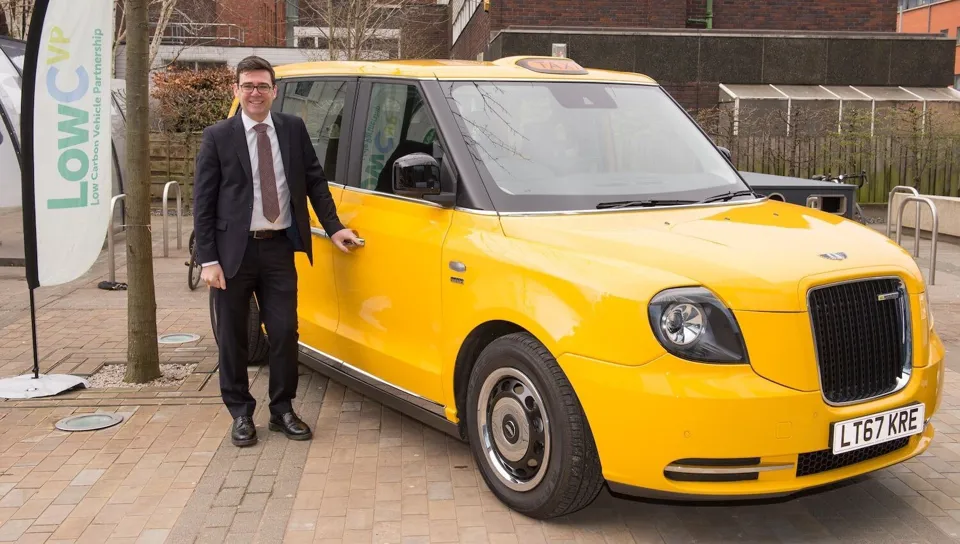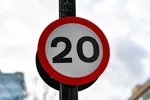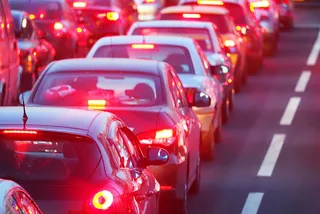Greater Manchester is asking the Government for a £98 million ‘clean commercial vehicle fund’ after announcing its clean air zone (CAZ) will be delayed until 2022.
The cash – £49m more than had originally been requested – aims to help operators of vans, HGVs, coaches and minibuses make the switch to alternative fuel vehicles (AFVs).
However, the only Government funding committed so far has been £36m to take forward proposals for the now delayed CAZ, under which the most polluting commercial vehicles would pay a daily charge to travel on local roads in Greater Manchester.
The coronavirus pandemic has seen air pollution levels drop by 30% and road traffic volumes fall by as much as 52% across Greater Manchester as a result of the lockdown – and at the same time cycling journeys have increased by 42%.
To build on this, and give businesses across the city-region the support they need to prepare for the introduction of a Greater Manchester-wide CAZ, the Mayor of Greater Manchester, Andy Burnham, is calling on the Government to fund the fleet scheme and stump up a further £50m for other measures, including a clean taxi fund (£28m) and a hardship fund (£10m).
Burnham said: “We’ve seen tremendous shifts in travel patterns over the last few months, with reduced air pollution levels, more people than ever before cycling and walking, and a significant switch to working from home, and we need to keep these benefits.
“We can’t go back to how we were – no one wants to see the levels of air pollution and congestion we were experiencing.
“We must seize the opportunities offered by this difficult situation to support our businesses through recovery and into a greener future.”
In order for that to be achieved, Burnham argues that dedicated funding from Government is needed to support our businesses as they move to cleaner vehicles, and long-term funding to support the roll out of more cycling and walking measures.
Burnham’s request also includes funding for 350 new electric vehicle charging points, doubling the size of the existing Greater Manchester publicly owned charging network, and for up to 600 electric buses by the mid-2020s.
Greater Manchester last month announced that plans to hold a statutory public consultation on the Clean Air Plan had been postponed due to the coronavirus pandemic. The consultation will be held as soon as is feasible.
A report on the consultation will be brought to Greater Manchester leaders when there is a clear timeframe for exiting lockdown and moving to the next phase of the coronavirus response.
The delay to the consultation also means that the introduction of the Clean Air Zone has been moved back to 2022.
Client Earth’s clean air lawyer Katie Nield, said: “We are extremely concerned and quite frankly alarmed at Greater Manchester’s lax approach to protecting people’s health from the harmful impacts of air pollution.
“Local leaders have provided no explanation as to why the current circumstances have triggered a delay of at least another year and a half.”
The proposed CAZ, due to have been implemented from 2021, would have senn buses, coaches, HGVs, taxis and private hire vehicles that do not meet emission standards required to pay a daily charge to drive in Greater Manchester. Non-compliant vans would have been included from 2023.






















Login to comment
Comments
No comments have been made yet.